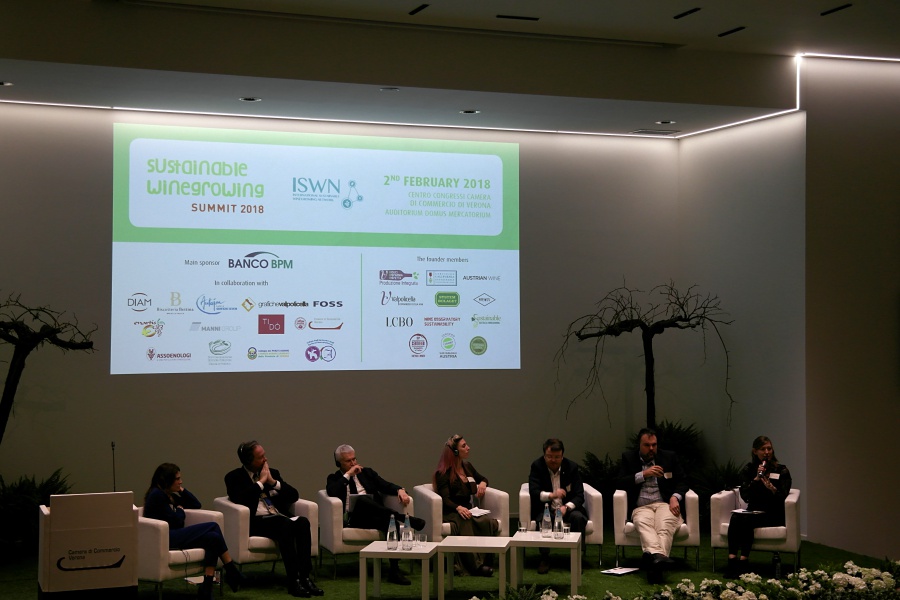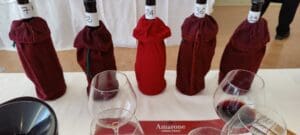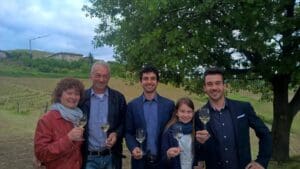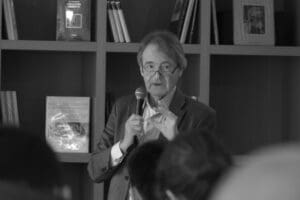At the Sustainable Wine Summit held in Verona on February 2nd, several panellists from many parts of the world came together to share their opinions and actions currently undertaken in their home countries to ensure sustainability within the wine industry. Some revolve around reducing carbon footprint, chemical and water usage; others focus on human and social aspects, improving the livelihood of people working in and around the industry.
It is a promising project to witness, as various bodies are expanding to encompass beyond just agriculture practices, like being organic or not. To date, I have only seen one other label in Singapore market, Fairtrade, that recognises improvements outside of viticultural practice.
Sustainable farming is not Organic farming
For those who think every new trend ushers in an improved and better product, think again. Sustainability is about the business more than about the product. And no, it has nothing to do with being organic. It can be, but not necessarily so. Still, I will give credit where credit is due. A quick look at some of the Sustainability programmes and it is easy to recognise the effort they have given to soil management, pH levels, water resource efficiency, and even sprayer maintenance. Surely one cannot have good use of the tractor and reducing carbon emission if the equipment is in poor shape.
However, the current definition of Sustainable farming is in a hazy state. The only thing that my foreign colleagues and I agree on is that it aims to leave everything better than when it was inherited. But in practice, it has nothing concrete because every country and region has its own environmental, social, and economic challenges. California is fighting against drought, China on carbon emission, Australia on desertification, and South Africa on social inequality.
But what is even more troubling, however, is the ambiguity between the different organisations which design a Sustainable certification program.
Is one organisation necessary better than the others?
Take the state of California as an example. In California, there are two prominent programmes, Certified California Sustainable Winegrowing (CCSW) and Sustainability in Practice (SIP) Certified. According to SIP Certified explanation, SIP looks at performance-based matrices over a duration, while CCSW is a process-based program.
“SIP Certified is a practice & performance based program — Every requirement and management enhancement has to do with practices and is measurable, therefore auditable (ex. You must test well pump performance at least every five years).
CCSW is a process based program (ex. Pump efficiency was considered as one element of vineyard irrigation management.)”
Source: http://www.sipcertified.org/what-is-sip/
At a smaller scale, Lodi in the central valley of California further develops its own set of the sustainability program, Lodi Rules. It focuses on three aspects of sustainability, environmental health, social equity, and economic viability divided into six areas. Everything documented in a 146 pages binder, which will take a person with an iron-will to see it through.
While I believe it is not a matter of one is better than another, but with three programmes available within California, how will consumers react to the labels?
Periodic revision to tackle sustainability challenges
As an ideology that spans beyond the hard technicalities of farming, a robust and reliable sustainability assessment programme must actively revise to suit the challenges of the times. With the rapid advancement of technology and ingenuity of governance, many problems we face today may no longer be valid tomorrow. But new problems will always arise in every age, and certification programmes must evolve to tackle these issues.
Furthermore, it is also human nature to be creative in meeting quantifiable requirements and forsaking other aspects that are not assessable. Thus introducing new issues whenever they resolve one matter.
Sustainability is not about solving today’s problems for tomorrow but a repeated cycle of perpetual planning and execution to fix, maintain, support, and innovate.




